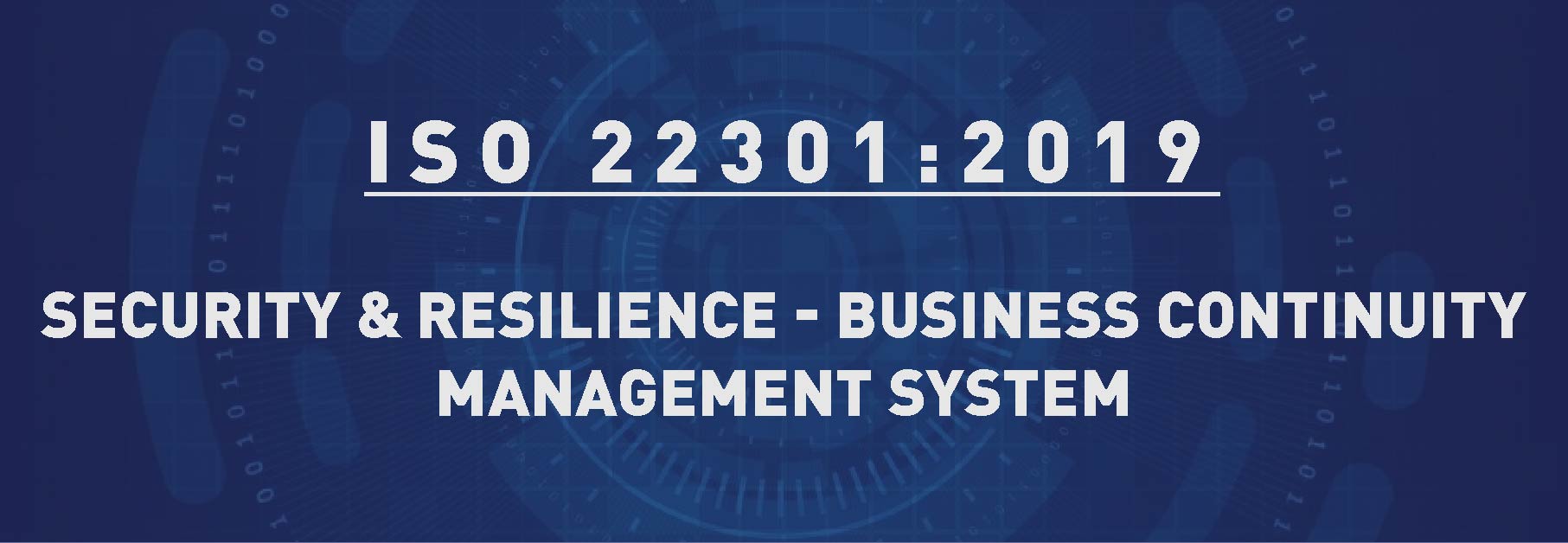
ISO 22301 is a globally recognized standard that provides a framework for the implementation of a business continuity management system (BCMS). The standard was first published in 2012 by the International Organization for Standardization (ISO) and has since been revised several times, with the latest version being ISO 22301:2019.
ISO 22301 outlines a set of requirements that an organization must meet to establish, implement, maintain, and improve a BCMS. The standard covers all aspects of business continuity management, including risk assessment, business impact analysis, continuity planning, crisis management, and disaster recovery.
The goal of ISO 22301 is to help organizations prepare for and respond to disruptions that could impact their ability to deliver critical products and services by establishing a systematic approach to business continuity management. To be certified to ISO 22301, an organization must undergo an independent audit by a third-party certification body to demonstrate compliance with the standard's requirements.
ISO 22301 certification can bring numerous benefits to an organization, including:
Overall, ISO 22301 can help organizations prepare for and respond to disruptions that could impact their ability to deliver critical products and services, comply with business continuity regulations and laws, and achieve their business continuity objectives.
UMS evaluates your documentation and company records
UMS reviews the compliance against the standard requirements.
Non-conformances identified during the audit require closures.
UMS issues the certification and certification mark.
Annual audit required to maintain certification validity.
ISO 22301 is a global standard for business continuity management systems (BCMS) that provides a framework for organizations to prepare for, respond to, and recover from disruptive incidents and events.
Any organization, regardless of its size, sector, or location, can benefit from implementing ISO 22301 if it wants to ensure its ability to continue its critical activities and services during and after disruptive incidents and events.
The benefits of implementing ISO 22301 include improved organizational resilience, reduced downtime and losses, enhanced stakeholder confidence, better compliance with regulatory requirements, and a competitive advantage in the marketplace.
Implementing ISO 22301 involves several key steps, including developing a BCMS policy, conducting a business impact analysis, identifying and assessing risks and opportunities, developing a response and recovery strategy, implementing and testing plans and procedures, and conducting regular audits and reviews.
The time required to implement ISO 22301 depends on the size and complexity of the organization, as well as the level of existing business continuity management practices in place. However, it typically takes between 6 and 18 months to implement the standard.
A certified ISO 22301 auditor is responsible for conducting independent audits of an organization's BCMS to ensure that it meets the requirements of the standard. The auditor examines the organization's policies, procedures, and performance metrics to identify any weaknesses or areas for improvement.
ISO 22301 is a comprehensive standard that provides a framework for managing all aspects of business continuity, including planning, response, recovery, and improvement, while other standards, such as BS 25999 and NFPA 1600, focus on specific aspects of business continuity. ISO 22301 is also more flexible than some other standards, allowing organizations to adapt the standard to their specific needs and circumstances.
Contact us:
For further information on ISO 22301 certification, please contact us at info@umscert.com or call us at +91-(011)-44777570. We will be happy to assist you.
Quality is never an accident; it is always the result of high intention, sincere effort, intelligent direction and skillful execution; it represents the wise choice of many alternatives.